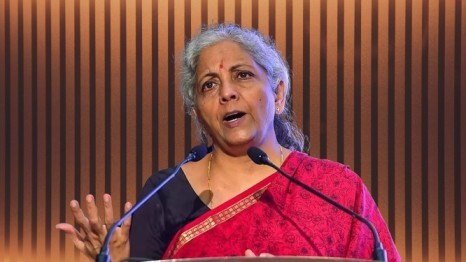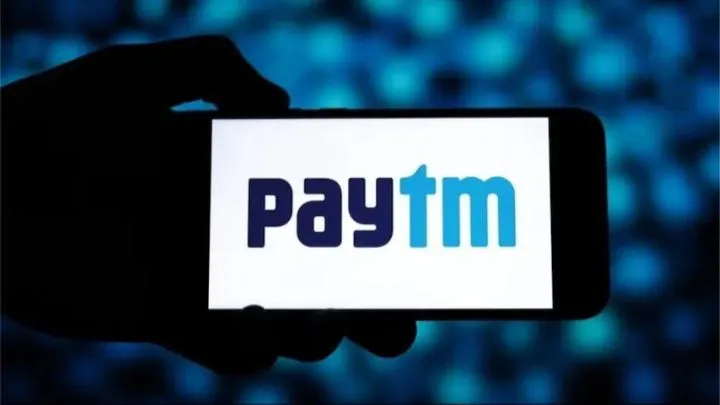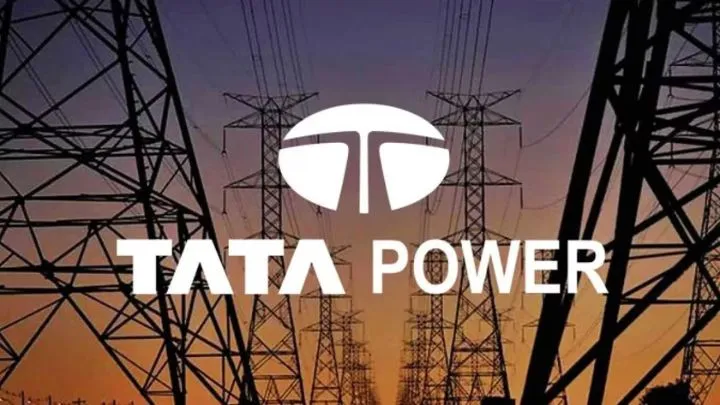Finance Minister Nirmala Sitharaman has called for monthly meetings between the Reserve Bank of India and the fintech companies to address regulatory challenges according to media sources.
FM Discussed Cybersecurity to FDI Policies
In a meeting on Monday, attended by top executives from leading fintech companies including Amazon Pay, Zerodha, CRED, Lending Kart, Pine Labs and others, Finance Minister Sitharaman and an RBI deputy governor discussed various topics ranging from cybersecurity to foreign direct investment (FDI) policies and data sharing.
This comes amidst regulatory issues faced by Paytm Payments Bank, which recently saw its founder Vijay Shekhar Sharma step down as non-executive chairman as the bank undergoes board restructuring in response to regulatory strictures.
Also read: Vijay Shekhar Sharma Steps Down from Paytm Payments Bank’s Board – NewsStreetAsia
Paytm can Accept customer deposits till March 15
The RBI had barred Paytm Payments Bank from accepting customer deposits after February 29, citing repeated non-compliance with regulations, though this deadline was later extended to March 15.
Earlier, entrepreneurs from leading fintech firms had appealed to RBI Governor Shaktikant Das and Finance Minister Nirmala Sitharaman to review the imposed restrictions on Paytm, expressing concerns that such actions could adversely & severely impact the fintech industry as a whole.
However, despite these challenges, the source highlighted positive government actions supporting the startup ecosystem, such as streamlining company incorporation processes, recognizing peer-to-peer (P2P) lenders as non-banking financial companies (NBFCs), and establishing regulatory sandboxes and fintech repositories.
Additionally, the meeting attendees appreciated initiatives such as GIFT City, signalling a broader acknowledgement of government efforts to nurture the fintech sector.
Also Read: Independent Director of Paytm Payments Bank Resigns – NewsStreetAsia
Meanwhile, reports suggest that Paytm Payments Bank’s regulatory issues stem from compliance failures, including insufficient customer KYC processes, problems with customer PAN links, and close ties between the bank’s financial and non-financial operations with the promoter group of companies, as well as undisclosed payables to its parent entity, One97 Communications Ltd.
India’s fintech sector ranks third globally
India’s fintech sector, comprising approximately 10,244 entities, ranks third globally. The government’s Digital Public Infrastructure (DPI) initiatives, including Aadhaar, UPI, and API Setu, have played a crucial role in supporting this vibrant ecosystem. The Indian Stack, a comprehensive digital framework, has simplified access to government services, showcasing the government’s commitment to leveraging technology for inclusive growth and citizen welfare.
This move underscores the government’s recognition of the importance of collaboration between regulatory authorities and the fintech sector to address challenges and foster innovation in India’s rapidly evolving financial landscape.











